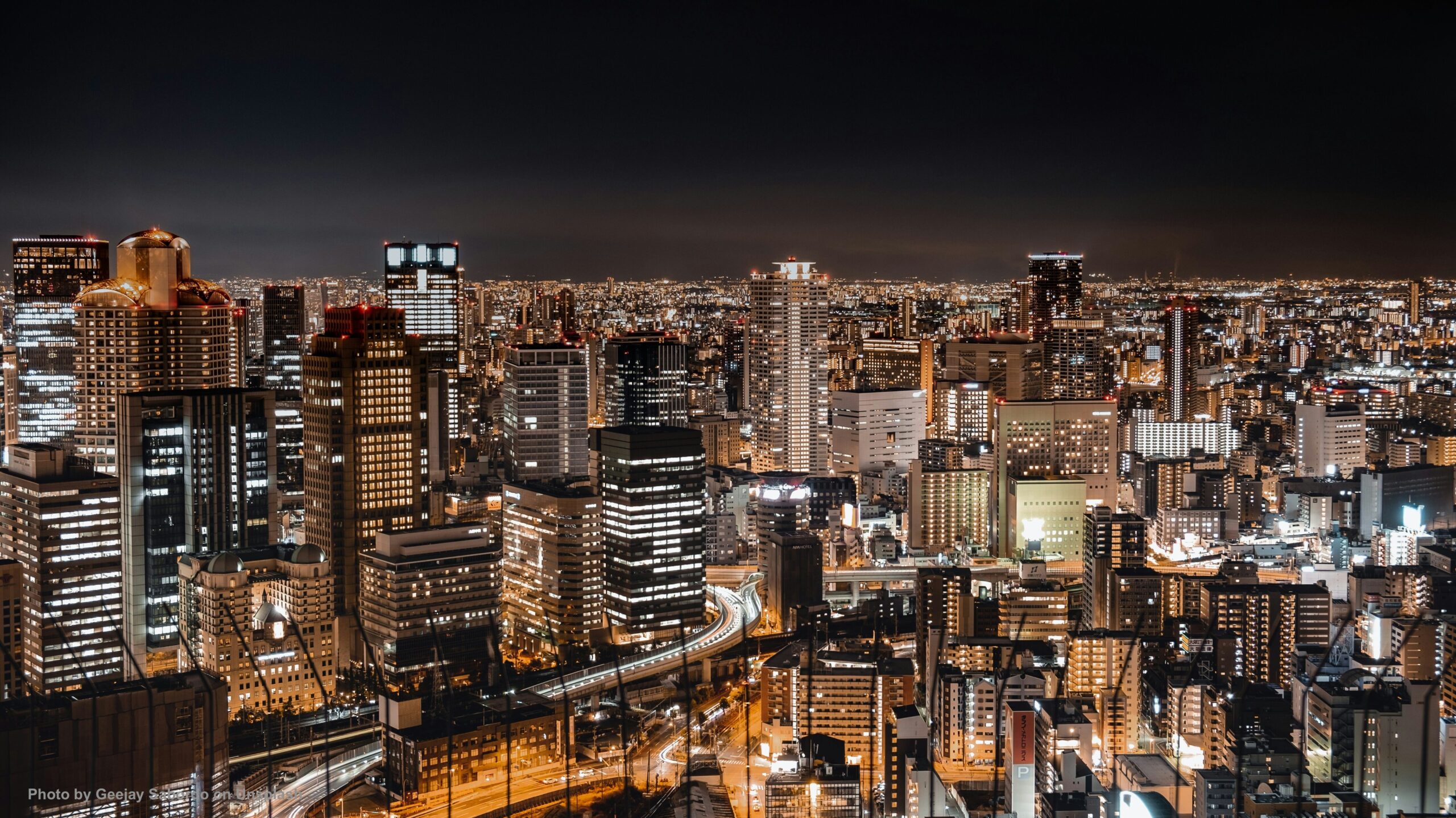Buying Property in Japan as an Overseas Buyer: A Comprehensive Guide

Japan is a country known for its unique blend of ancient traditions and modern innovations, making it an attractive destination for not only tourists but also property investors from around the world. With its robust real estate market, stable economy, and appealing lifestyle, purchasing property in Japan has become an increasingly popular option for overseas buyers. Notably, you can own property in Japan even if you do not live here, allowing for a range of investment opportunities. However, buying property in Japan, especially as a foreigner, involves some unique steps and considerations. In this blog, we’ll walk you through the essentials to help you better understand the process.
目次
1. Can Foreigners Buy Property in Japan?
The simple answer is: Yes! Japan allows foreigners to purchase property without the need for citizenship or residency. There are no restrictions on ownership rights for foreign investors, whether you’re looking to buy a residential property, a vacation home, or an investment property. As a foreign buyer, you have the same ownership rights as a Japanese citizen.
2. Understanding the Japanese Property Market
The Japanese real estate market has some unique characteristics compared to other countries. One key difference is that while land values—especially in desirable locations—can remain stable or even appreciate, the value of buildings themselves often depreciates over time. This is particularly common with wooden structures like houses or certain wooden apartments, which are traditionally viewed as having a shorter lifespan. However, this can create opportunities for investors to acquire properties at a lower cost and renovate or rebuild to add value.
There are also two types of land in Japan: freehold (you own both the land and the building) and leasehold (you only own the building, while the land is leased from a third party).
3. Types of Properties Available for Foreign Buyers
As an overseas buyer, you can purchase a variety of property types in Japan, including:
- Apartments/Condominiums (Mansions): These are typically in high-rise buildings and are a popular option for foreign buyers due to their convenience and location in urban centers like Tokyo and Osaka.
- Houses: Detached houses are available, particularly in suburban and rural areas.
- Investment Properties: Rental properties for long-term investment, such as apartment buildings or commercial spaces, are also available.
4. Financing Your Property Purchase
If you’re planning to buy property in Japan as a foreigner, paying in cash is generally the most straightforward option—and often the most realistic. While some Japanese banks technically offer loans to non-residents, in practice, securing financing can be extremely difficult. Most lenders require long-term residency, a stable income in Japan, a strong domestic credit history, and often a Japanese guarantor. Because of these strict conditions, non-resident buyers are typically advised to prepare for an all-cash purchase.
Payments are typically made through our company’s escrow account, which ensures your funds are securely held until the transaction is completed.
If you’re not a resident, you may need to approach international banks or seek financing from your home country if you require a loan.
5. The Property Buying Process
Here’s a step-by-step guide to buying property in Japan as a foreigner:
- Step 1: Find a Real Estate Agent
It’s essential to find a real estate agent who understands the Japanese market and also speaks your language. Agents in Japan work on behalf of buyers and sellers, and they share access to a national database of available properties. This means your agent can show you any property on the market, regardless of which agency is listing it. - Step 2: Find Your Ideal Property
After discussing your preferences, your agent will provide listings that match your criteria. This could be based on location, budget, property type, and more. - Step 3: Make an Offer
Once you’ve found the right property, you’ll submit an offer through your agent. In Japan, making an offer signifies that you are serious about purchasing the property. Be aware that once you make an offer and it is accepted by the seller, the contract process will begin immediately, making it challenging to back out. Keep in mind that negotiation isn’t as common as in some other countries, so be prepared for the seller’s price to remain firm. - Step 4: Sign a Purchase Agreement
Around two weeks after your offer is accepted, you’ll sign a contract (重要事項説明書, “Jūyō jikō setsumeisho”), which outlines all the important details regarding the property. At this stage, you’ll typically pay a deposit, which is usually around 10% of the purchase price. - Step 5: Legal Processes and Due Diligence
Your agent and judicial scrivener (usually provided by your agency) will handle much of the legal work, including title transfers and ensuring the property has a clear history with no unresolved ownership issues. - Step 6: Closing the Deal
On the day of closing, you’ll pay the remaining balance and receive the property deed. Your real estate agent and judicial scrivener will assist with this process to ensure everything is completed smoothly.
For remote contract signing and closing, read here.
6. Additional Costs to Consider
When purchasing property in Japan, it’s important to factor in the following costs:
- Real Estate Agent Fees: Typically around 3% + ¥60,000 + 10% tax of the purchase price.
- Stamp Duty: A small fee based on the property price.
- Registration Fees: For registering the property in your name, usually around 0.4% of the property price.
- Judicial Scrivener Fee: A fee to the scrivener to handle legal documentation.
- Acquisition Tax: Usually 3-4% of the assessed property value, paid to the local government after the purchase.
- Annual Property Taxes: These are ongoing costs based on the assessed value of your property.
7. Do You Need a Visa or Residency to Buy Property?
You don’t need a visa or residency status to buy property in Japan, but owning property won’t automatically grant you residency either. If you’re planning on living in Japan, you’ll need to apply for a visa through the appropriate channels, separate from the property purchase process.
8. Post-Purchase: What’s Next?
After purchasing your property, you’ll need to keep up with regular payments like property taxes and maintenance fees (if applicable, for apartment buildings). As non-residents cannot open a bank account in Japan, you will need to find a tax manager who can pay your taxes on your behalf. If you’re buying a vacation home or investment property, you may also want to hire a property management company to handle maintenance or leasing on your behalf.
Conclusion: Why Buy Property in Japan?
Japan offers a unique opportunity for overseas buyers. Its transparent and well-regulated real estate market, combined with the ability to own property outright as a foreigner, makes it an attractive investment option. Whether you’re looking for a vacation home, a rental property, or a place to settle, Japan’s real estate market has something to offer.
If you’re interested in starting your property search in Japan, don’t hesitate to reach out to me and I can guide you through the process and help you find the perfect property!





